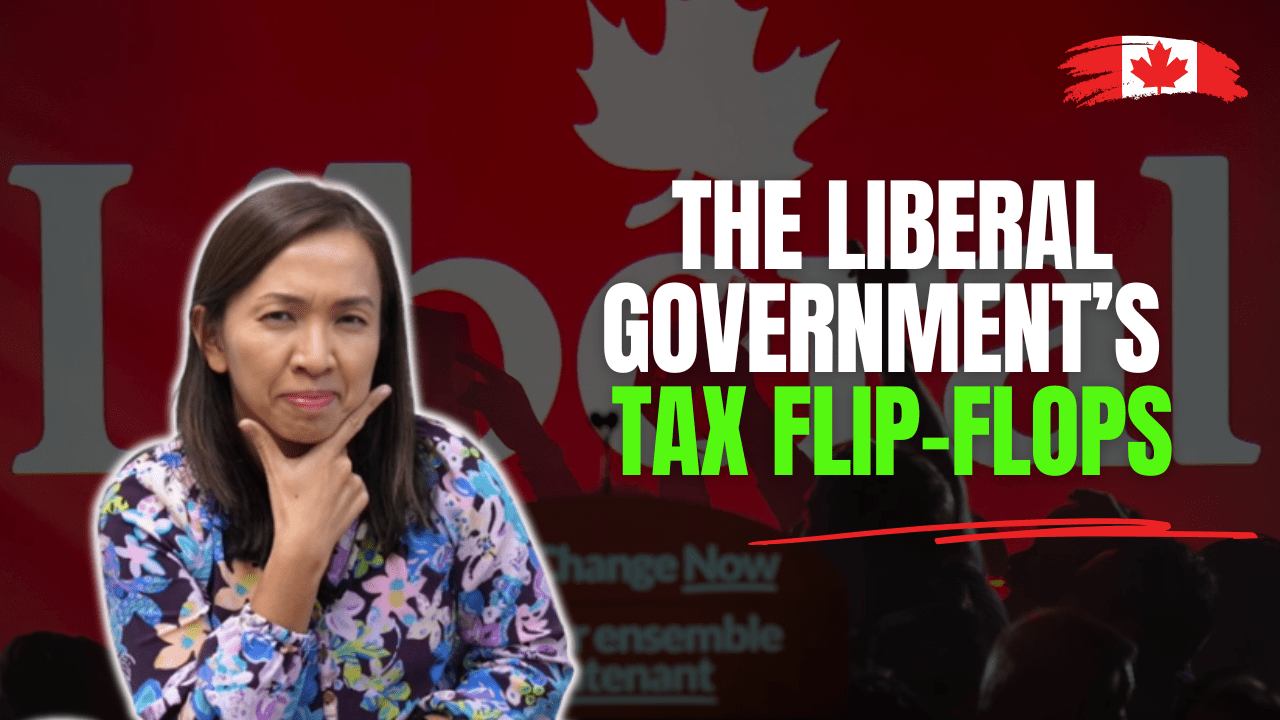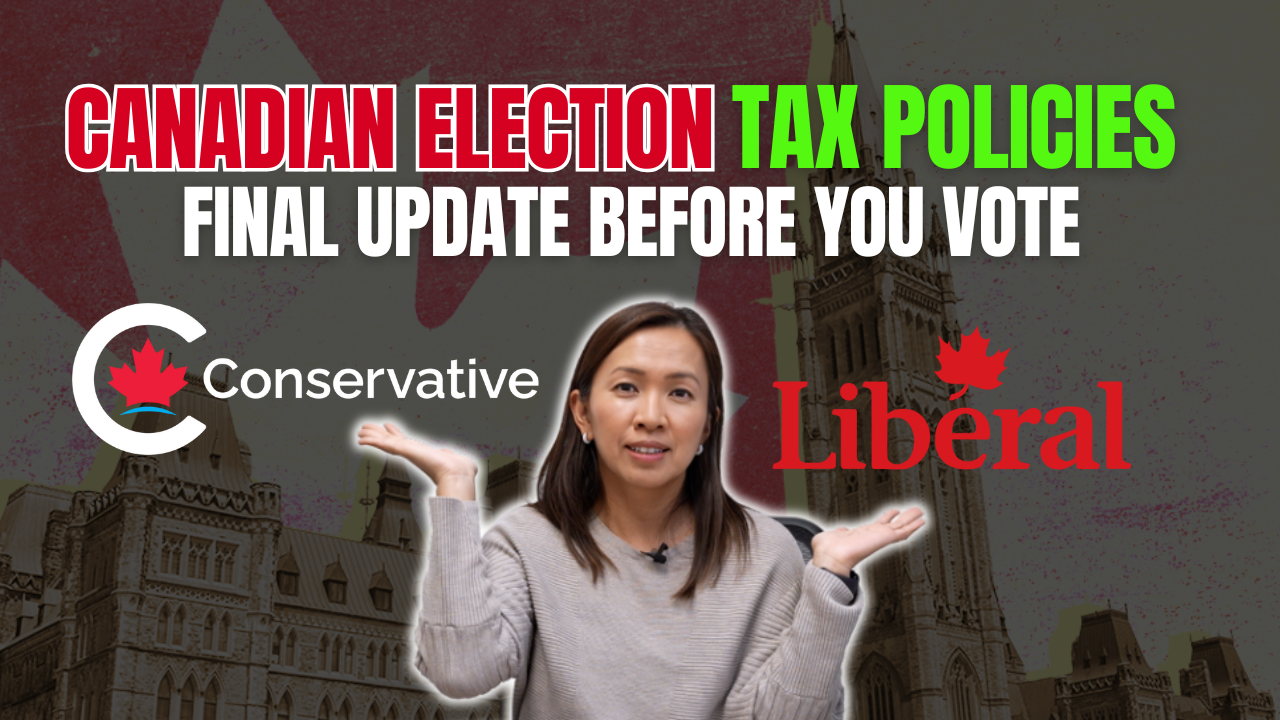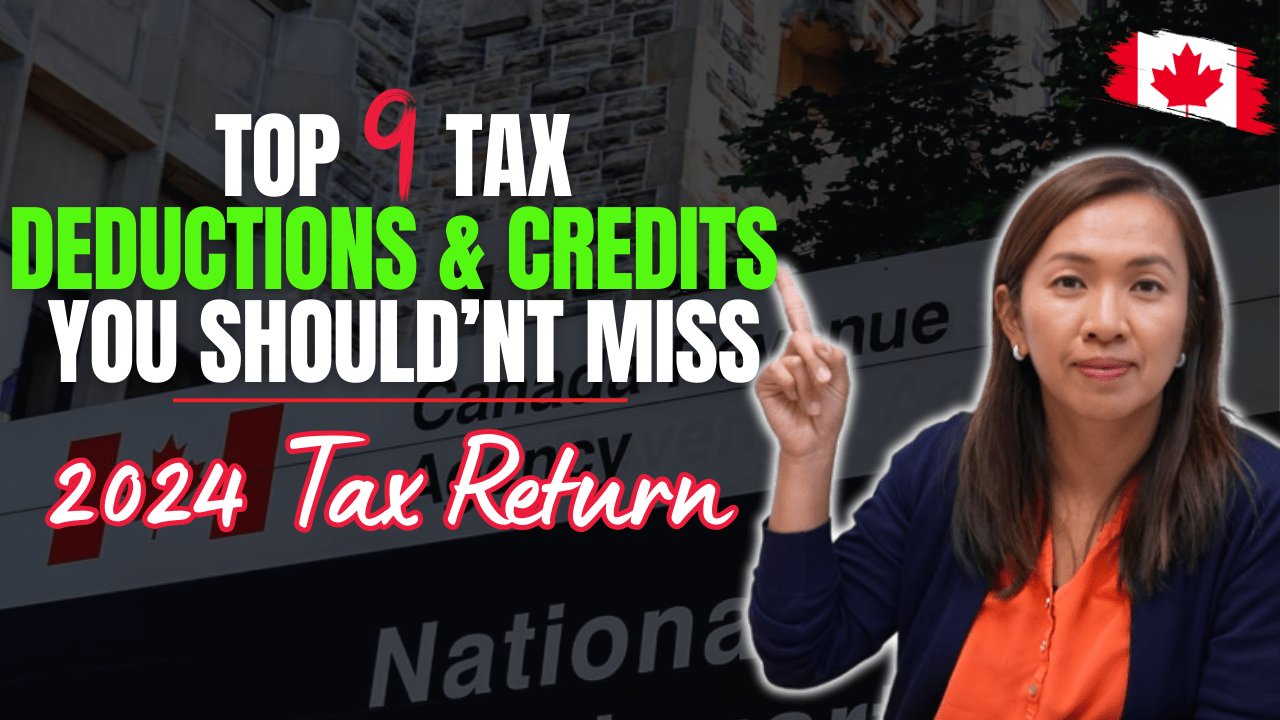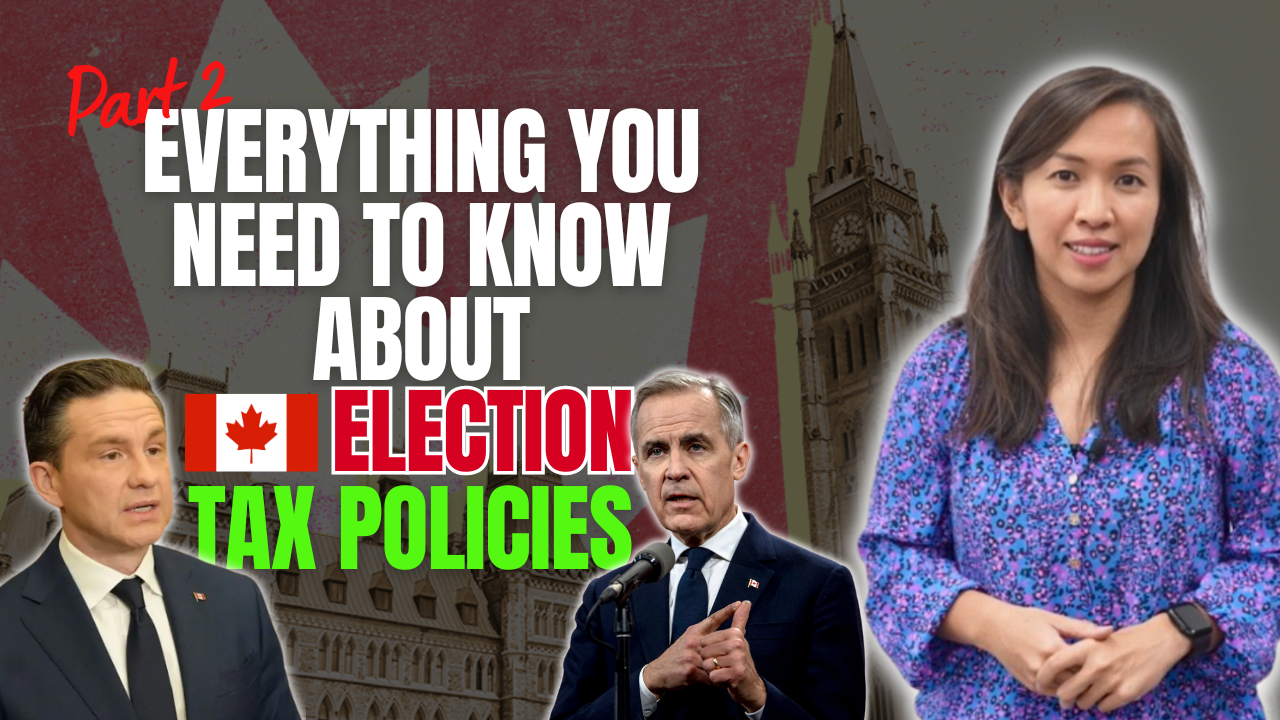The Canadian business community has spent the past eight years navigating the Liberal government’s chaotic and unpredictable approach to tax policy. The latest news that Prime Minister-designate Mark Carney will abandon the proposed capital gains tax changes is just another example of how painful and unproductive this entire process has been.
This isn’t just about one tax change—it’s a pattern. Over the years, taxpayers, business owners, and professionals have been forced to comply with tax policies that were later reversed or abandoned, leading to wasted time, unnecessary costs, and frustration.
A Timeline of Uncertainty and Reversals
The Underused Housing Tax Act (UHT): A Mess from the Start
- Purpose & Initial Announcement:
- Introduced to prevent foreign nationals from purchasing Canadian properties and leaving them vacant.
- However, poorly written legislation meant it impacted many Canadian owners, forcing them into unnecessary compliance.
- Delays & Filing Confusion:
- The UHT Act received royal assent on June 9, 2022, and was applied retroactively from January 1, 2022.
- Despite this, the filing form was not even released until February 2023.
- The original filing deadline was April 30, 2023, but was extended to October 31, 2023, then again to April 30, 2024 due to confusion and delays.
- Complete Reversal:
- After two years of forcing Canadians to comply, the government announced it would repeal most legislative sections affecting Canadian property owners.
- As a result, all UHT filing requirements for 2023 and beyond were canceled for most Canadians—meaning all that effort was completely unnecessary.
Trust Reporting Rules: Confusion, Panic, and Last-Minute Changes
- Initial Announcement & Unclear Scope:
- Introduced in 2018, aimed at increasing transparency and preventing tax evasion.
- Required many trusts, including bare trusts, to file detailed reports disclosing beneficiaries, trustees, and other involved parties.
- 2023 Filing Chaos:
- Many taxpayers didn’t even realize they had a “trust” under the new definitions, leading to widespread confusion and unnecessary filings.
- The filing deadline was set for March 30, 2024, for trusts with a December 31, 2023, year-end.
- Last-Minute Cancellation:
- On March 28, 2024—less than four business days before the deadline—the CRA announced that bare trusts would not be required to file for 2023.
- By this point, many people had already filed their returns, wasting significant time and money.
- Another Cancellation & Future Rules for 2025:
- The 2024 filing requirement was also scrapped, meaning trusts don’t have to file for another year.
- However, new trust reporting rules will return in 2025, with a filing deadline of March 31, 2025.
- The government has introduced a new set of definitions and reporting requirements, continuing the cycle of uncertainty and confusion.
Capital Gains Tax: The 2024 Budget Disaster
- Initial Budget Proposal & Rushed Implementation:
- The 2024 Budget proposed an increase in the capital gains inclusion rate, effective June 25, 2024.
- Despite the massive implications, the draft legislation was not released until two weeks before the deadline, leaving businesses and accountants scrambling to prepare.
- Legislation Stalls in Parliament:
- The final legislation was supposed to pass in the fall but got caught in a filibuster, preventing it from moving forward.
- Despite this, the CRA planned to administer the tax as if it had been passed, even though the government was effectively in limbo.
- First Delay, Then Full Cancellation:
- With the legislation still stalled, the government announced it would delay the capital gains inclusion rate change to January 1, 2026.
- Finally, Mark Carney, as Prime Minister-designate, decided to cancel the proposal altogether—meaning all the stress, compliance work, and panic were for nothing.
The True Cost of These Policy Failures
Each of these tax changes has required significant time, resources, and energy from taxpayers, accountants, and business owners—only for many of them to be abandoned or altered at the last minute. This isn’t just frustrating; it’s economically damaging.
- Productivity Loss:
- Instead of building businesses, hiring workers, and investing in long-term growth, Canadians have been forced to waste time adjusting to ever-changing tax rules.
- Wasted Compliance Costs:
- Countless hours have been spent interpreting regulations, updating systems, and ensuring compliance—only for the government to cancel the rules anyway.
- Eroded Trust in Government:
- Who can plan for the future when tax policy is written in pencil and constantly erased?
A Government Focused on the Wrong Things
Instead of spending the last eight years building infrastructure, improving productivity, and strengthening Canada’s economy, the Liberal government has spent its time forcing taxpayers, businesses, and professionals to comply with policies that never even came into effect.
Now, as Canada faces increasing global economic pressures, including the challenges of Trump’s return to power, we are left vulnerable. While other nations focus on strategic economic growth, we’ve been stuck in an endless cycle of bureaucratic inefficiency.
The Bottom Line? Canadians Deserve Better.
We need long-term, well-thought-out policies that create stability, not constant reversals and wasted effort. The time, energy, and resources spent reacting to these poorly managed tax changes could have been used to build a stronger economy, create jobs, and improve the lives of Canadians.
The question remains: Will the next government actually focus on real economic growth, or will we be stuck in another cycle of wasted effort?
Until next time, happy Canadian Real Estate Investing.
Cherry Chan, CPA, CA
Your Real Estate Accountant





